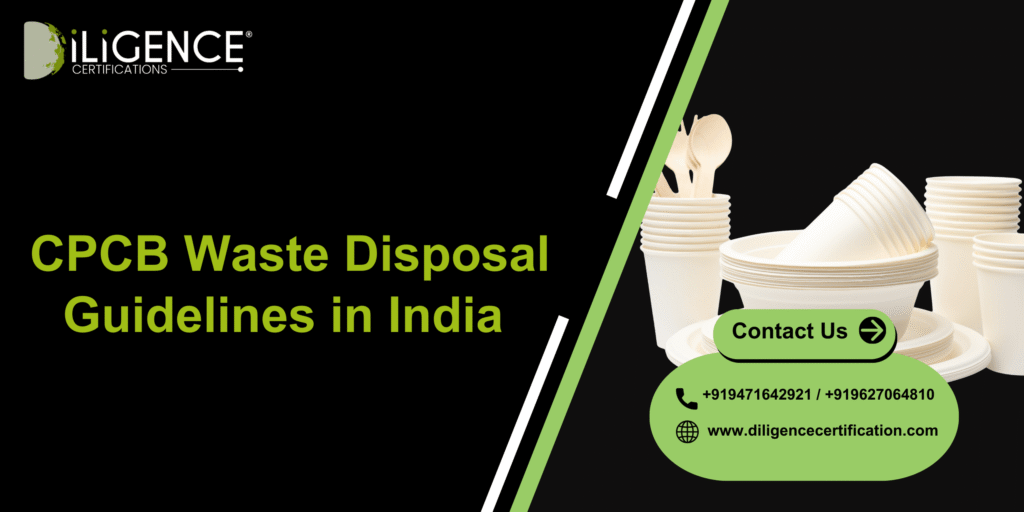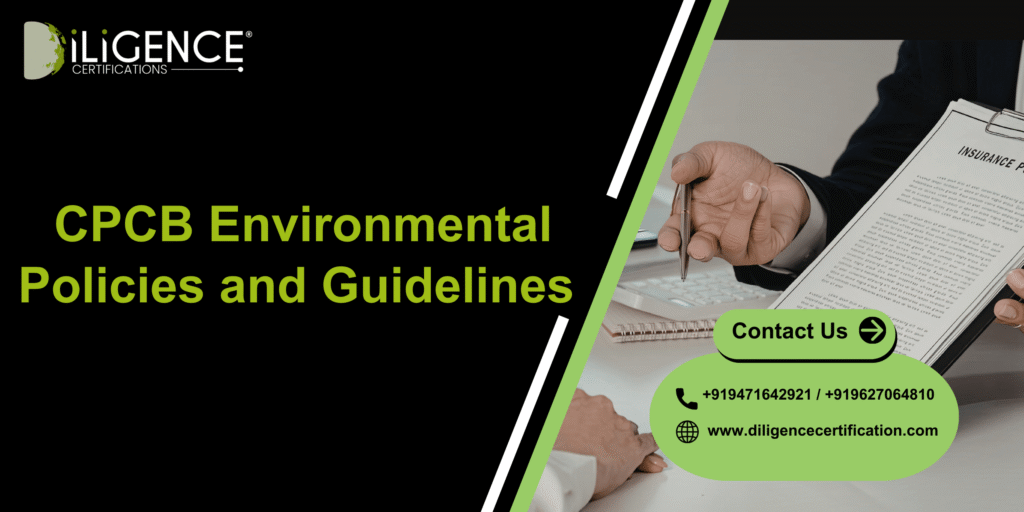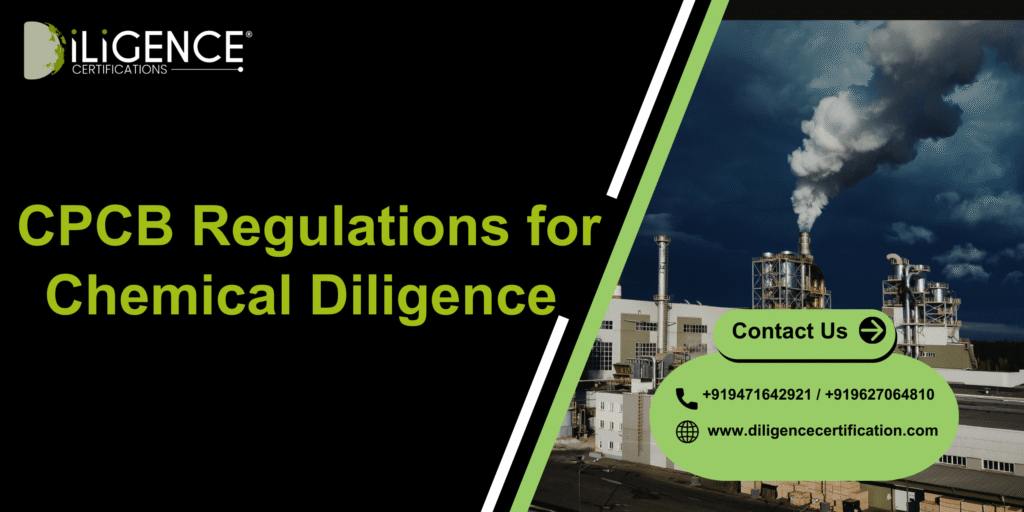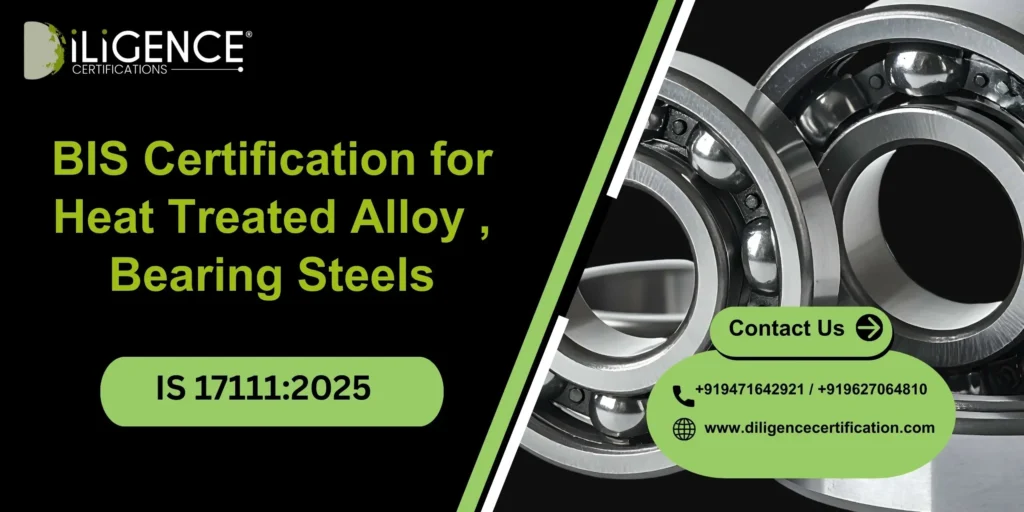
In today’s fast-evolving regulatory landscape, sustainability and environmental accountability are no longer optional for businesses. Extended Producer Responsibility (EPR Certification) is at the heart of these efforts, holding producers, importers, and brand owners accountable for the entire lifecycle of their products, particularly their post-consumer disposal. Failing to obtain EPR Certification can lead to significant risks for your business, from financial penalties to reputational damage.
Organizations like Diligence Certification are essential partners in helping businesses navigate these regulatory requirements, ensuring compliance and fostering sustainable practices. This blog delves into the critical importance of EPR Certification and highlights the high stakes of non-compliance.
Key Highlights
| Aspect | Details |
| What is EPR Certification? | A framework for ensuring responsible waste management by producers. |
| Risks of Non-Compliance | Financial penalties, legal issues, and reputational damage. |
| Benefits of EPR Certification | Regulatory compliance, improved brand image, and operational efficiency. |
| Role of Diligence Certifications | Expert guidance to streamline the EPR compliance process. |
| Steps to Achieve Compliance | Audit, strategy development, documentation, and implementation. |
| Future of EPR Regulations | Stricter enforcement and global alignment with sustainability goals. |
What is EPR Certification?
Extended Producer Responsibility (EPR) is a policy framework designed to ensure that businesses take responsibility for the environmental impact of their products throughout their lifecycle. This includes designing eco-friendly products, managing waste collection, and ensuring proper recycling or disposal of post-consumer waste. EPR Certification is a mandatory requirement in many regions, including India, for industries such as electronics, plastics, and packaging.
Without EPR Certification, businesses cannot legally operate in these industries. Moreover, the certification serves as a testament to a company’s commitment to sustainability, enhancing its credibility among consumers and stakeholders.

Risks of Not Having EPR Certification
Failing to secure EPR Certification can expose businesses to a range of risks that impact their operations, finances, and reputation. Below are some key risks:
- Financial Penalties: Regulatory authorities impose hefty fines on businesses operating without EPR Certification. These penalties can escalate with repeated violations, straining financial resources.
- Legal Consequences: Non-compliance with EPR regulations can result in lawsuits and legal actions, disrupting business operations and tarnishing your brand’s image.
- Operational Disruptions: Authorities may issue stop-work orders or suspend licenses, leading to significant operational downtime and revenue loss.
- Reputational Damage: In a market where consumers prioritize sustainability, failing to meet environmental standards can erode customer trust and loyalty.
- Loss of Market Access: Many regions have stringent EPR requirements, and non-compliance can lead to restricted market access, impacting growth opportunities.
Benefits of EPR Certification
On the flip side, obtaining EPR Certification offers numerous advantages that go beyond compliance:
- Regulatory Compliance: It ensures adherence to local and international environmental laws, avoiding legal complications.
- Enhanced Brand Image: Demonstrating a commitment to sustainability boosts brand reputation, attracting environmentally conscious consumers and investors.
- Operational Efficiency: Implementing eco-friendly practices often leads to cost savings through material efficiency and waste reduction.
- Market Competitiveness: Compliance with EPR standards can be a unique selling point, differentiating your business in a competitive market.
- Global Opportunities: Many global markets prefer or mandate EPR compliance, opening doors to international trade and partnerships.
Role of Diligence Certifications
Achieving EPR compliance requires a thorough understanding of complex regulations, meticulous planning, and effective execution. This is where Diligence Certification becomes an invaluable partner. With years of expertise in regulatory compliance and sustainability solutions, Diligence Certifications offers:
- Regulatory Expertise: Detailed guidance on local and international EPR regulations.
- Customized Solutions: Tailored strategies to meet the specific needs of your industry and operations.
- End-to-End Support: Assistance with documentation, audits, waste management plans, and certification processes.
- Training Programs: Educational initiatives to ensure your team understands the importance of EPR compliance.
- Ongoing Compliance Monitoring: Regular updates on regulatory changes and proactive measures to maintain compliance.
By partnering with Diligence Certification, businesses can streamline the EPR certification process, mitigate risks, and focus on their core operations.
Steps to Achieve EPR Compliance
For businesses looking to obtain certification, the following steps are critical:
- Conduct an Environmental Audit: Assess your current waste management practices and identify areas for improvement.
- Develop a Compliance Strategy: Create a comprehensive plan to align your operations with EPR requirements, including eco-design principles and waste collection systems.
- Engage Authorized Recyclers: Collaborate with certified recyclers to ensure proper handling and recycling of post-consumer waste.
- Documentation and Reporting: Prepare and submit all required documentation, including waste management plans, recycling targets, and compliance reports.
- Obtain Certification: Work with experts like Diligence Certifications to navigate the certification process seamlessly.
- Monitor and Improve: Regularly review and update your waste management practices to adapt to evolving regulations and technologies.
Future of EPR Regulations
EPR regulations are expected to become stricter as governments worldwide intensify their efforts to combat environmental degradation. Businesses must stay ahead of these changes by:
- Adopting innovative waste management technologies.
- Collaborating with stakeholders to develop sustainable solutions.
- Staying informed about global regulatory trends.
Organizations like Diligence Certifications will continue to play a critical role in helping businesses navigate this dynamic landscape, ensuring compliance and fostering sustainability.
Conclusion
The stakes of not having EPR Certification are undeniably high, with risks spanning financial penalties, legal challenges, and reputational damage. However, achieving EPR compliance is not just about avoiding these pitfalls—it’s an opportunity to build a sustainable, competitive, and future-ready business.
By obtaining EPR Certification with the support of Diligence Certifications, businesses can demonstrate their commitment to environmental responsibility, enhance their brand image, and unlock new growth opportunities. In a world where sustainability is paramount, EPR compliance is not just a regulatory requirement; it’s a strategic imperative for success.
Take the first step toward a sustainable future by partnering with Diligence Certifications today. Together, we can create a greener, more responsible packaging industry.






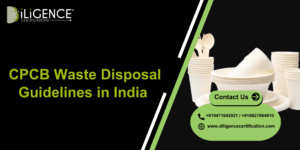
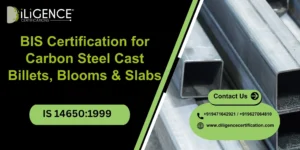
 BIS Certification
BIS Certification
 CDSCO
CDSCO
 CPCB
CPCB
 LMPC
LMPC
 WPC Approval
WPC Approval
 Global Approvals
Global Approvals
 TEC
TEC
 ARAI
ARAI
 BEE
BEE
 ISO Certification
ISO Certification
 Drone Registration
Drone Registration
 NOC For Steel
NOC For Steel



















 Business Registration
Business Registration















 Legal Services
Legal Services
 Trademark Registration
Trademark Registration
 Copyright Registration
Copyright Registration
 Patent Registration
Patent Registration













































